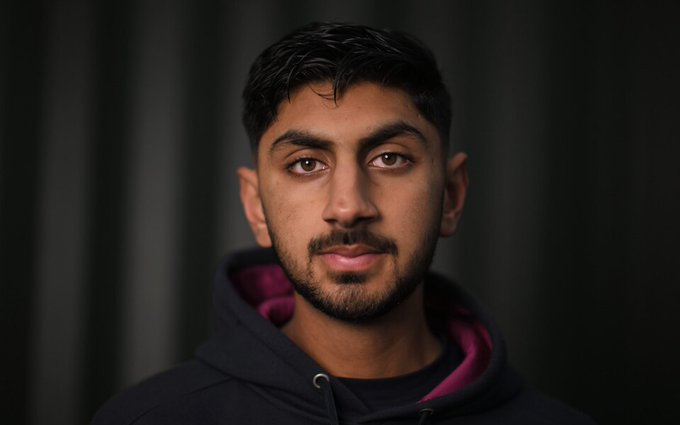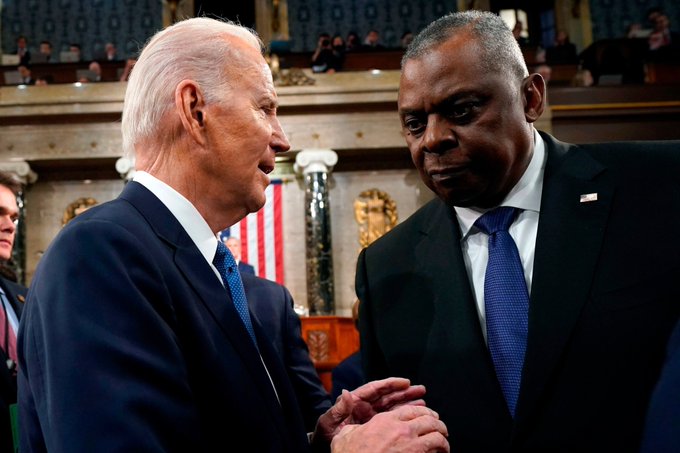Shoaib Bashir Granted Indian Visa: Decoding the Controversy and Media Uproar

English cricketer Shoaib Bashir, of Pakistani descent, has finally been granted an Indian visa after a prolonged delay. The controversy surrounding his visa issuance shed light on the different criteria for Pakistani citizens or those of Pakistani origin applying for Indian visas. While Bashir’s case sparked criticism from the British press, it is vital to understand the reasons behind the delay and the established visa procedures.
England cricketer Shoaib Bashir finally granted Indian Visa, read why he needed to submit additional documents and how British press wrongly criticised Indiahttps://t.co/oZCugj7AwA
— OpIndia.com (@OpIndia_com) January 24, 2024
The Delay and Visa Issuance Criteria
Bashir returned to London from the UAE to resolve his visa issue, causing him to miss the first test against India scheduled on January 25th. Unlike his teammate Rehan Ahmed, Bashir faced a delay due to his Pakistani heritage. Ahmed, who possessed the necessary documentation from his World Cup standby role, was allowed entry into India.
Indian Visa Regulations for Pakistani Citizens and Those of Pakistani Origin
The regulations for visa issuance set by the Foreigners Division of the Ministry of Home Affairs in India highlight the distinctions for individuals of Pakistani origin. There are two categories: those with dual citizenship and those without a Pakistani passport but with ancestral ties to Pakistan. Applicants in both categories must provide additional documentary proof, including renunciation of Pakistani citizenship, naturalization as foreign citizens, or birth certificates from local authorities.
Criticism from the British Press
The delay in Bashir’s visa triggered a frenzy in the British media and among cricketers, with some questioning India’s ability to host major events like the Olympics. The Times called it “discrimination at work,” while The Telegraph labeled it a “shameless stunt.” BBC Sports commentator Kit Harris accused India of racially discriminatory policies and attributed the delay to the ruling party, BJP, exerting power.
Resolution and Reactions
Upon Bashir receiving his visa, the British press’s criticism subsided. English team captain Ben Stokes, who had earlier suggested not entering India until Bashir’s visa was granted, expressed his frustration. Indian cricketer Rohit Sharma empathized with Bashir and hoped for his speedy visa approval. Former Indian cricketer Venkatesh Prasad called out the English Cricket Board for the delay, stating that it was their fault for not following established procedures.
Past Instances
Bashir’s case is not the first time Pakistani players or those of Pakistani heritage have faced delays in obtaining Indian visas. The Pakistan cricket team, as well as Pakistani journalists, experienced similar issues in the past. English cricketers Moeen Ali and Saqib Mahmood, as well as Australian cricketer Usman Khawaja, also encountered difficulties in obtaining Indian visas due to their Pakistani roots.
Conclusion
The granting of Shoaib Bashir’s Indian visa marks the resolution of a controversy that shed light on the differing criteria for Pakistani citizens or those of Pakistani origin applying for Indian visas. While the delay sparked criticism from the British press, it is important to understand the specific visa regulations and procedures set by the Ministry of Home Affairs. This incident serves as a reminder that distinct visa requirements exist worldwide, regardless of possessing a British passport.
Venkatesh Prasad hits back at ECB!#ShoaibBashir #ECB #EnglandCricket #INDvENG #CricketTwitter pic.twitter.com/pfV2i4AdpD
— InsideSport (@InsideSportIND) January 24, 2024







Leave a Reply